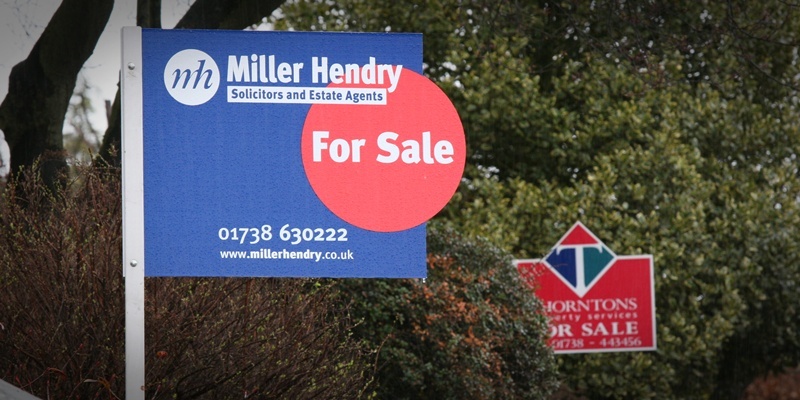Scotland’s most expensive properties will cost even more under a ”mansion tax” proposal unveiled by the Scottish Government.
But anyone buying a property costing less than £325,000 would pay less tax on the transaction, the finance secretary told MSPs.
John Swinney also revealed controversial plans for a separate tax-collecting agency to administer the new taxes due to be devolved to Scotland from April 2015.
Outlining the Scottish Government proposals on Thursday, Mr Swinney said he would scrap the stamp duty system and replace it with a new land and buildings transaction tax.
Anyone buying a house for less than £325,000 would receive a smaller tax bill under one version of the plan, but another possibility could hike up the tax levied on properties costing between £208,000 and £250,000.
But Mr Swinney stressed the vast majority of homeowners would be better off, with particular benefits for first-time buyers.
The new tax would, however, significantly increase the tax burden on the top 5% most expensive properties.
Launching a consultation on the plan, he insisted the change would provide a ”more progressive” form of taxation where the amount of tax paid is more closely related to property value.
He also outlined plans to establish a new body called Revenue Scotland, which would take over the collection and administration of the new taxes from Her Majesty’s Revenue and Customs (HMRC).
Mr Swinney estimates that the new body will be at least 25% cheaper than HMRC.
It will work with Registers of Scotland and the Scottish Environment Protection Agency to collect the new charges, as these organisations already have a role in this.
Mr Swinney said: ”In setting up Revenue Scotland we are developing an innovative approach to taxation, working with existing organisations, to deliver Scottish taxes, set by this Scottish Parliament and to save the Scottish taxpayer money.”
While Scotland will also get new powers over income tax in 2016, the Scotland Act has already set out it will be collected by HMRC. Revenue Scotland will play no part in it.
